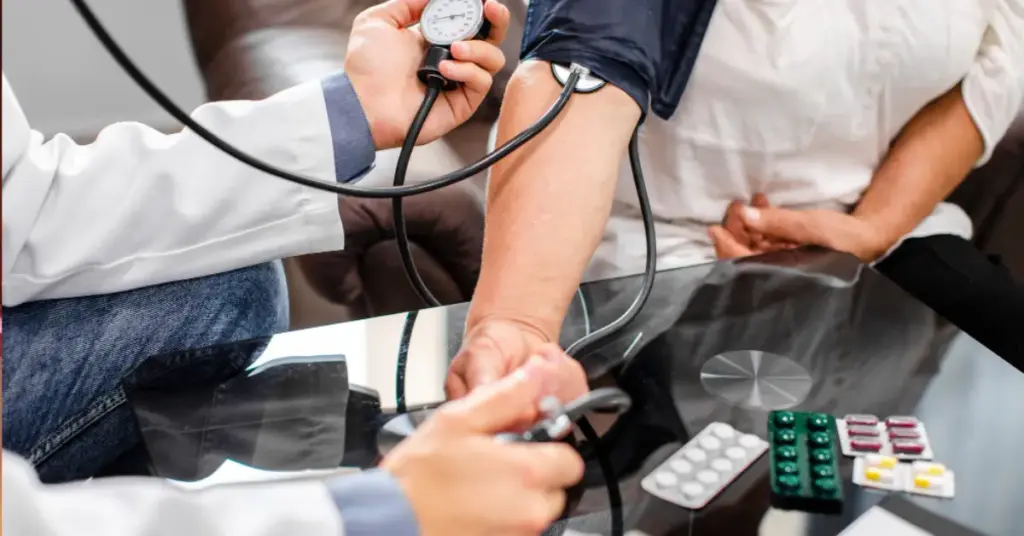
Safety Rate
The Holter monitor test in Chennai is a simple and effective way to track your heart’s rhythm over time. Unlike a regular ECG, which records for only a few seconds, the Holter monitor continuously measures your heart’s electrical activity for 24 to 48 hours. This test helps doctors detect irregular heartbeats, silent arrhythmias, and other hidden cardiac issues. It’s painless, portable, and provides valuable insights into how your heart functions during daily activities. For anyone experiencing unexplained palpitations or dizziness, a Holter monitor test can be an essential diagnostic step.
A Holter heart monitor is a small, portable device used to record the heart’s electrical activity continuously. Unlike a standard ECG that captures just a few seconds of rhythm, the Holter monitor test records every heartbeat over 24 to 48 hours—or sometimes longer.
The device consists of:
Because the monitor works while you go about your normal daily activities, the 24 hour Holter monitor often reveals heart rhythm issues that a clinic test might miss.
Your doctor may suggest a Holter monitor test if you:
By wearing a 24 hour Holter monitor, doctors can see how your heart behaves while you’re at rest, working, exercising, or sleeping. This provides a complete picture and helps ensure nothing important is missed.
The Holter monitor test is straightforward:
Because it works while you live your everyday life, the 24 hour Holter monitor is more reliable than a one-time ECG in diagnosing hidden heart conditions
The Holter monitor test is safe and non-invasive. There are no electrical shocks or harmful effects. The only minor issues may include:
Overall, these inconveniences are temporary and minimal compared to the valuable insights the Holter heart monitor provides.
Doctors recommend the Holter monitor test to:
By using the 24 hour Holter monitor, best cardiologists can personalize treatment plans, ensuring patients get the right care at the right time.
Here’s what families should know:
Regarding affordability, the Holter monitor price varies depending on the hospital or diagnostic center. In India, it usually ranges from ₹2,000 to ₹5,000, making it accessible for most families compared to other advanced cardiac tests.
In summary, the Holter monitor test offers a deeper, more accurate look at your heart’s rhythm beyond a standard ECG. It allows doctors to identify subtle irregularities that may not appear during a short clinic visit, and the holter monitor test in Chennai helps ensure continuous monitoring that captures these hidden issues. With ongoing tracking, this test plays a vital role in early diagnosis and personalized cardiac care..
Whether for routine checkups or investigating heart symptoms, Holter monitoring ensures your heart’s health specialist is thoroughly understood and managed.
An ECG records the heart’s electrical activity for a few seconds, usually done in a clinic. In contrast, a Holter monitor continuously records heart rhythms for 24–48 hours or longer, capturing irregularities that occur during daily activities or sleep, offering a more detailed picture of heart health.
A Holter monitor can detect irregular heartbeats such as arrhythmias, bradycardia, tachycardia, pauses in heart rhythm, and silent ischemic changes. It helps identify the cause of symptoms like palpitations, dizziness, or fainting that may not appear during a short ECG, providing vital data for accurate diagnosis and treatment.
The main disadvantages of a Holter monitor are its limited recording duration and potential discomfort while wearing it continuously. It cannot capture rare irregularities occurring beyond its recording period, and wearing electrodes may cause mild skin irritation or inconvenience during bathing or physical activities.
Our experienced anaesthesiologists are here to ensure your safety and comfort